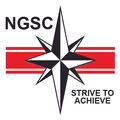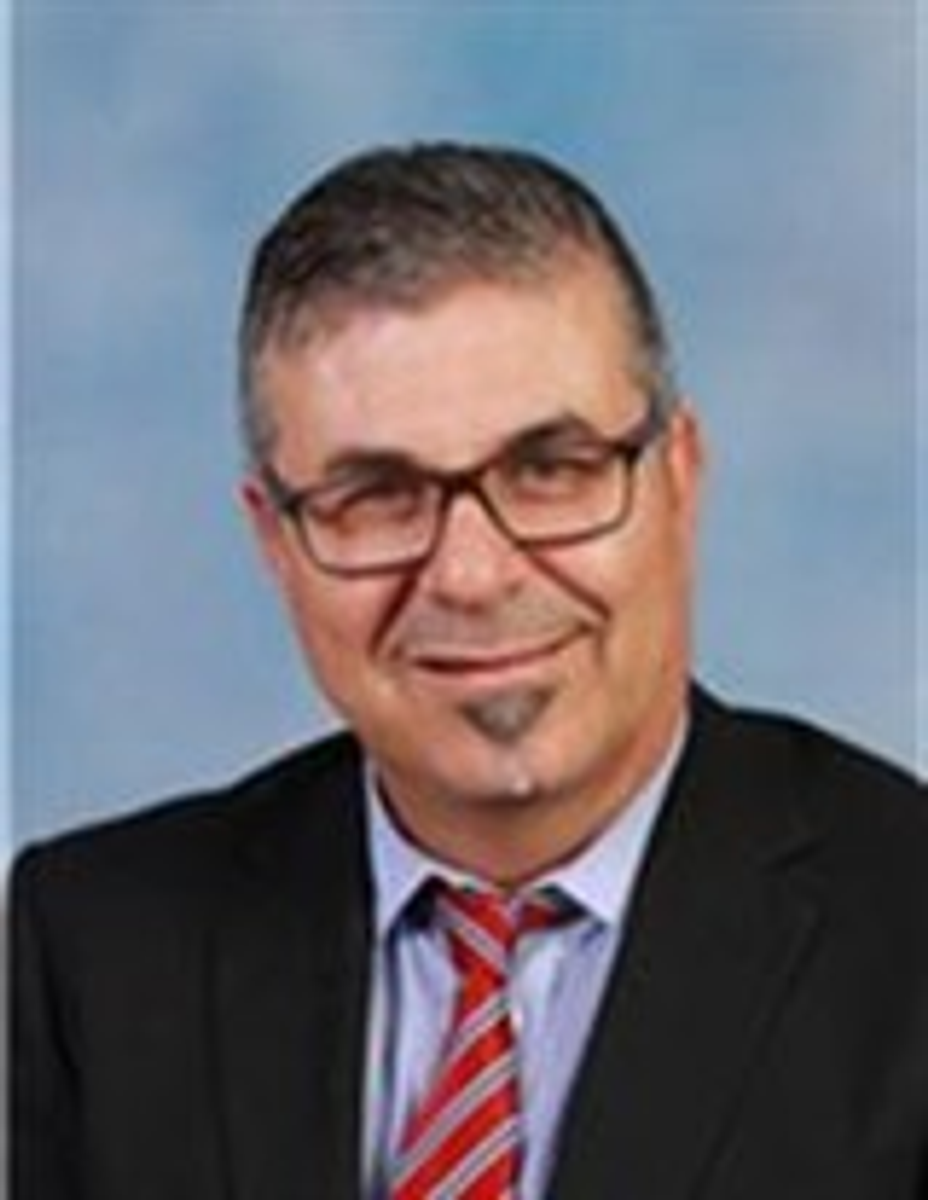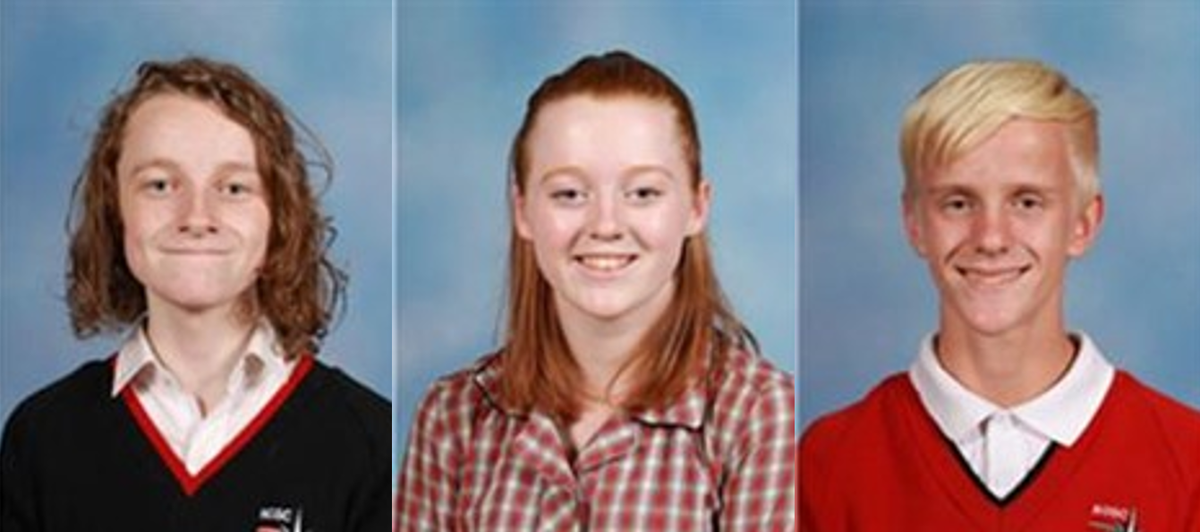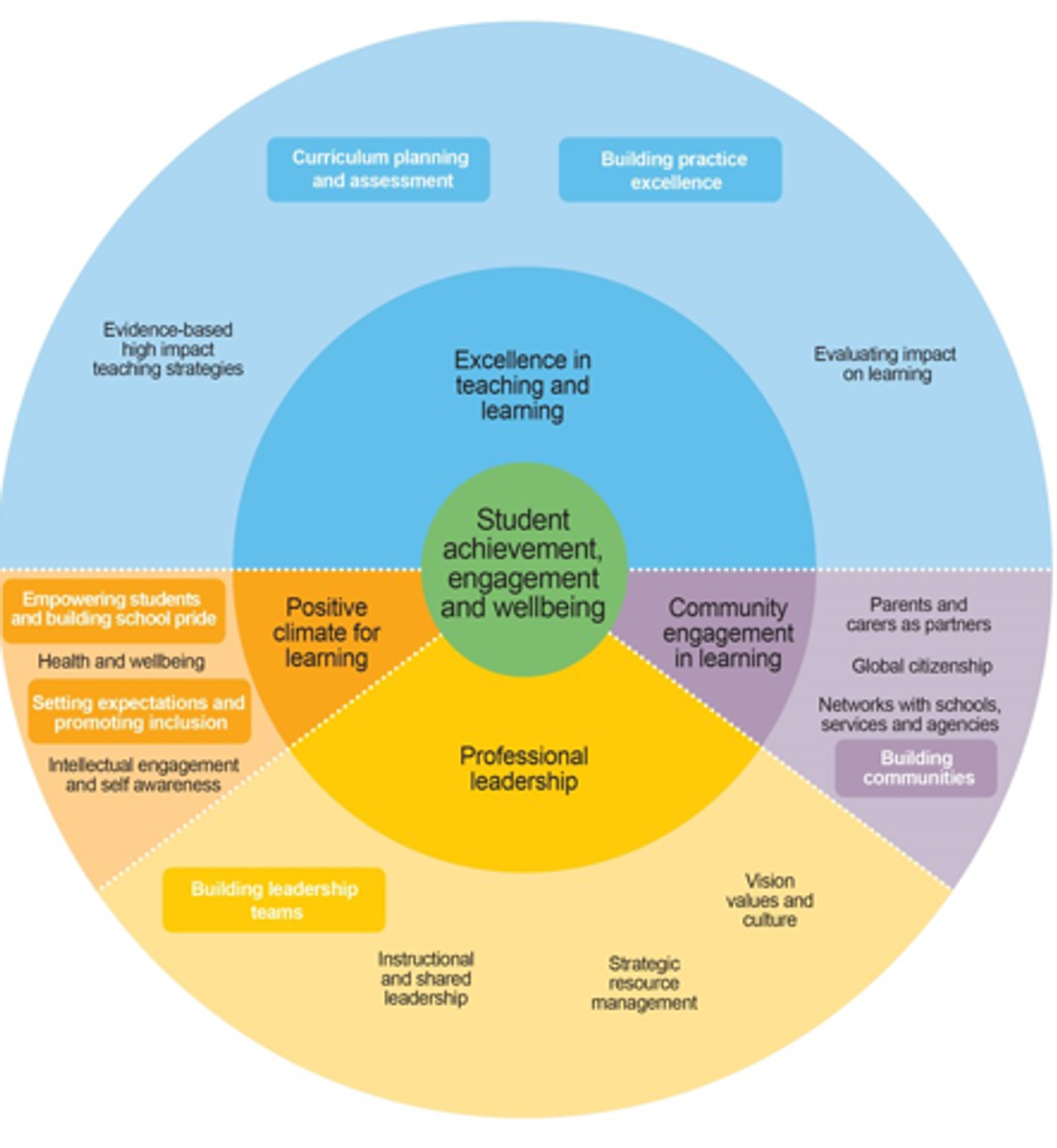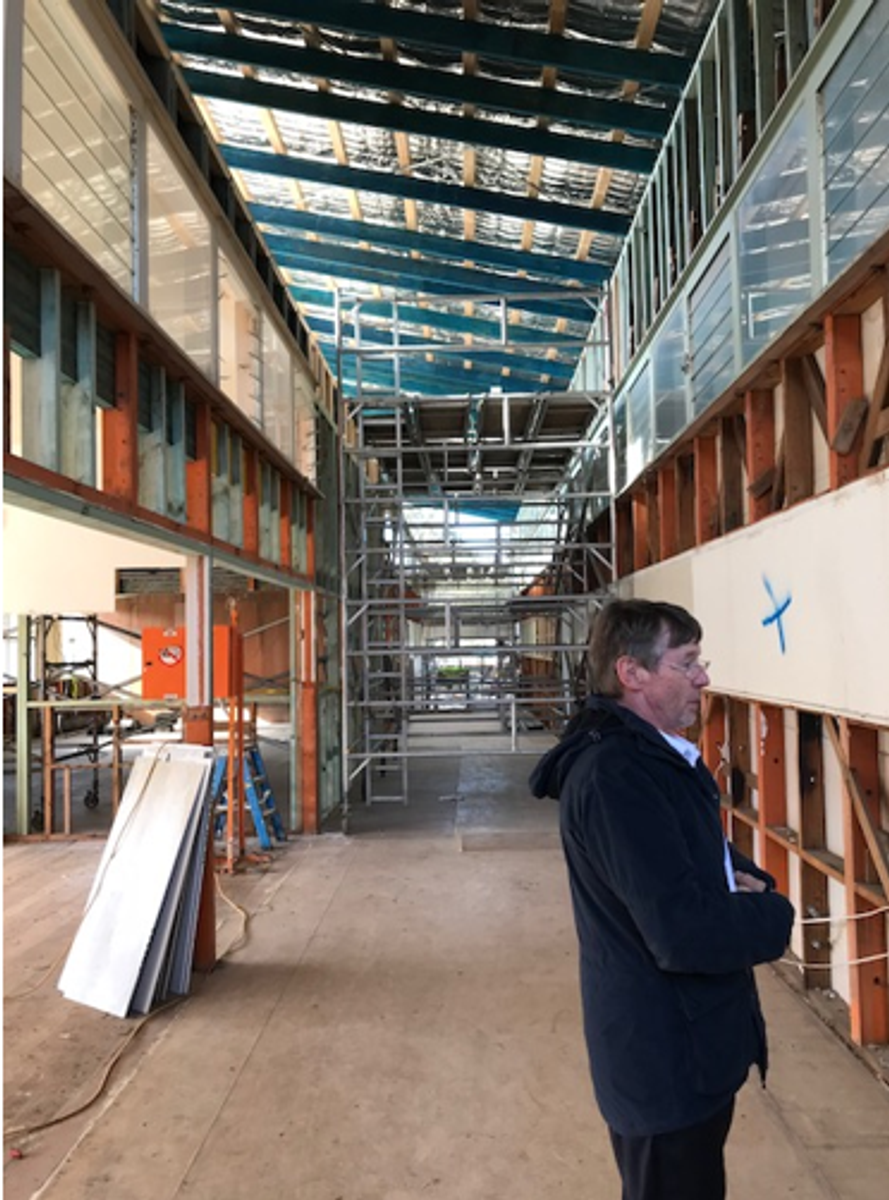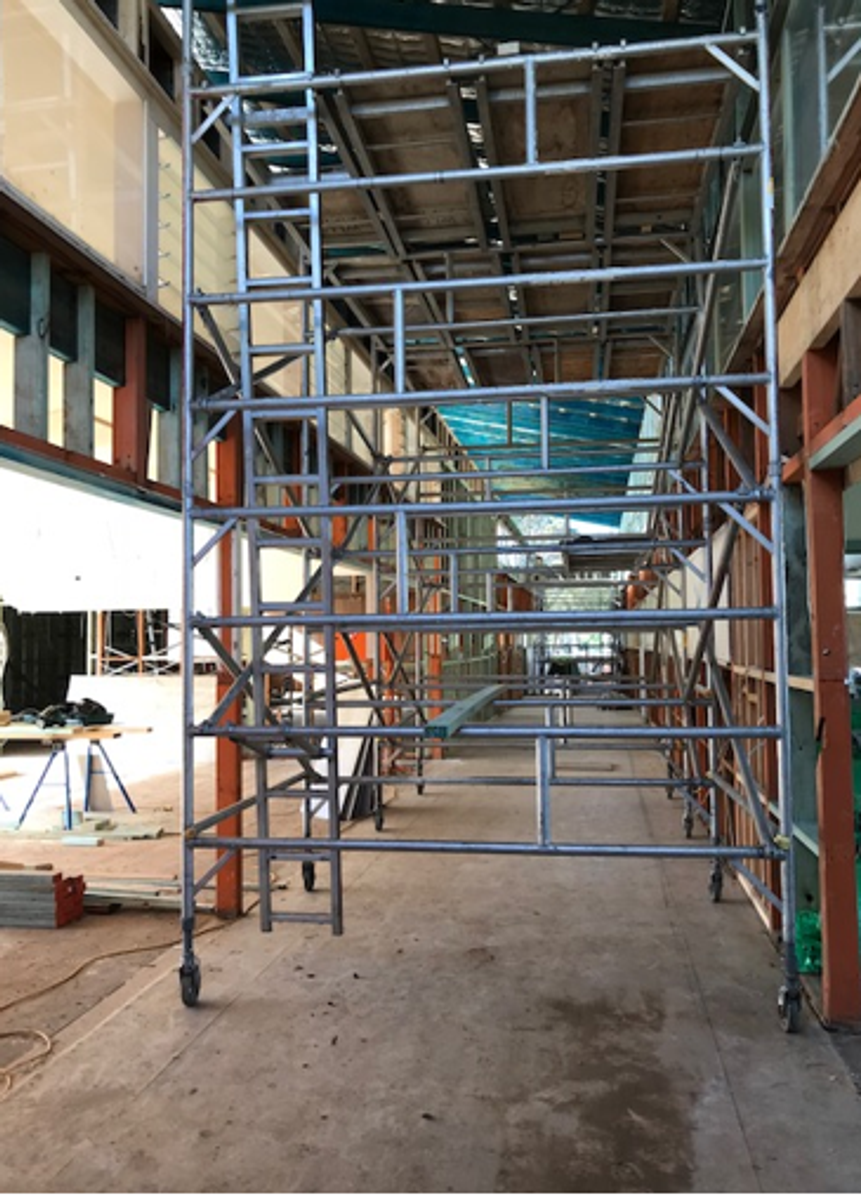PRINCIPAL'S REPORT

Key Dates
11 JUNE Queens Birthday Public Holiday
13 JUNE VCE GAT
15 JUNE Assessment & Reporting Day
(Student Free)
18 JUNE Whole School Assembly
29 JUNE Last Day Term 2 (1.30pm Finish)
16 JULY Term 3 First Day
23 OCT Year 12 Graduation
Mr Nicholas Adamou
Principal
Closer to the end of the semester
Please note that as we move closer to the conclusion of second term and end of Semester One the following will be occurring.
- Interim reports have been posted on line, every 4 weeks throughout the semester
- Semester reports are currently being prepared and will be posted on line by the end of this Term
- Teachers will be finalising reports on Friday June 15 and students are not required at school on this day.
Following the posting of semester reports, parents will have the opportunity to contact teachers on a needs basis to discuss progress and planning for the second half of the year. Some of the parents have already met with school Key Stakeholders; Sub School Leaders, Careers Team, Year level Coordinators and Principal Class Officers in relation to planning and setting goals for Semester 2.
As we come to the end of the first semester of this academic year, I take this opportunity to celebrate with you the achievements of our students and staff. None of this can occur without the hard work and effort of the staff (teaching and non-teaching) who work diligently, plan and organise the learning & teaching that takes place on a daily basis within our vibrant college community. As I scan through the past newsletters, I can’t help being extremely proud of the personal qualities and achievements of our students this semester.
Our students have achieved outstanding curriculum results and participated in numerous extra-curricular activities. They had many opportunities to demonstrate our school values Respect, Excellence, Achievement & Diversity, within the school and the wider community, during camps, fundraising activities, sporting events, visits to and from other schools. School and self-pride are central to everything our students undertake.
Semester 2 begins on Monday 18 June
Semester 2 timetable begins on Monday 18 June. Please note that Semester 2, begins two weeks before the end of Term 2. This is a VCAA guideline.
State School Spectacular 2018
The Department of Education and Training’s Performing Arts Unit auditioned students from across the state for this year’s Victorian State Schools Spectacular.
It is with great pleasure that I report to you about the success of our students who have been selected and secured roles in this year’s Spectacular core performing company.
Congratulations to;
- Owen McBurney (Choir)
- Brooklyn Conroy (Choir)
- Jack Warelow (Rehearsal Stage Manager)
These students are commendable ambassadors for our school community. The Spectacular will be performed twice on Saturday 15 September at Hisense Arena, followed by a 90-minute broadcast on Channel 7 and made available on the PLUS7 catch-up website.
Rehearsals have commenced for this year’s production which will showcase more than 3000 Victorian government school students in a performance of music, song, dance, skating, puppetry and magic.
Once again, Congratulations Owen, Brooklyn and Jack.
Show me how it's done !
An interesting piece of research suggests that we learn very effectively when we have people show us how to perform a task and involve us directly in it. Anyone trying to connect The IPod or iPad to the flat screen TV set will also agree that it is often much more effective to have someone show you how to do that, than to decipher the manual yourself.
Parents/Guardians model this mode of teaching by showing their children how to do a myriad of things as they are growing up.
At our school, it is important to provide students with a range of “ways of learning” and to have outside experts, teachers and students act as mentors and role-models to help students see “how it’s done” – this is a great and powerful tool.
In particular, opportunities for younger students to see older great role models such as Year 11 and 12 students are a real feature of our school. Also the school’s senior HPV students building on Aspiration to enhance achievement and widen future success, providing mentoring and role modelling to students in Years 7 to 10 is another program that places strong emphasis on “Show me How it’s Done”. These Senior HPV students work with a selected group of Year 7 to 10 students who together they learn the art of teamwork, collaboration, and communication by others showing them how.
NGSC school culture and learning community’s mindset allow this to occur naturally and it is such an asset in developing confident, capable young adults, young adults who are ready to be useful, employable global citizens.
Currently, our Student Leaders (School Captains & SRC) are enjoying the role of modelling to the rest of the student body through many extracurricular activities, such as; performing arts, song and dance, organising sporting events, coaching junior sporting teams, taking the lead in school environmental issues.
North Geelong Secondary College as a Learning Community - What Is a Professional Learning Community?
(Richard DuFour)
The idea of improving schools by developing professional learning communities is currently in vogue. People use this term to describe every imaginable combination of individuals with an interest in education—a grade-level teaching team, a school committee, a high school department, an entire school district, a state department of education, a national professional organization, and so on. In fact, the term has been used so ubiquitously that it is in danger of losing all meaning.
The professional learning community model has now reached a critical juncture, one well known to those who have witnessed the fate of other well-intentioned school reform efforts. In this all-too-familiar cycle, initial enthusiasm gives way to confusion about the fundamental concepts driving the initiative, followed by inevitable implementation problems, the conclusion that the reform has failed to bring about the desired results, abandonment of the reform, and the launch of a new search for the next promising initiative. Another reform movement has come and gone, reinforcing the conventional education wisdom that promises, “This too shall pass.”
The movement to develop professional learning communities can avoid this cycle, but only if educators reflect critically on the concept's merits. What are the “big ideas” that represent the core principles of professional learning communities? How do these principles guide schools' efforts to sustain the professional learning community model until it becomes deeply embedded in the culture of the school?
NGSC Learning Communities ensure that:
·Students Learn
The professional learning community model flows from the assumption that the core mission of formal education is not simply to ensure that students are taught but to ensure that they learn. This simple shift—from a focus on teaching to a focus on learning—has profound implications to our school community
·There is a teacher Culture of Collaboration
Educators who are building a professional learning community recognize that they must work together to achieve their collective purpose of learning for all. Therefore, they create structures to promote a collaborative culture. The school’s PLC (Professional Learning Communities) model lends itself to provide time and to groups of teachers to work together in a systematic process analysing and improving their classroom practice
·There is A Focus on Results (data)
Professional learning communities judge their effectiveness on the basis of results/data. Working together to improve student achievement becomes the routine work of everyone in the school. Every teacher team participates in an ongoing process of identifying the current level of student achievement, establishing a goal to improve the current level, working together to achieve that goal, and providing periodic evidence of progress.
Framework for Improving Student Outcomes
The Framework for Improving Student Outcomes uses the latest research on student learning and global best-practice to assist our school community to focus our efforts on key areas that are known to have the greatest impact on school improvement.
The Framework has four components: an improvement model with four state-wide priorities, six evidence-based initiatives to focus improvement efforts, performance measures aligned with the Education State targets, and a cycle for continuous improvement. It has been developed to dramatically increase the focus on student learning in schools.
Key education stake holders such as principals, school leaders, teachers, students, parents, regional staff and policy-makers work together to create better outcomes for our students. As an evidence-based, practical resource, the Framework helps our school community to implement its four state-wide school improvement priorities.
Important Note to Parents
Whilst we welcome and encourage parents to attend the school for a wide range of reasons, it is important that all visits to the school come through our front office. Parents, guardians and visitors to the school are not to go directly to other areas of the school including different wings, classrooms or the technical support office. Our office staff will handle all parent and visitor enquiries and make the appropriate arrangements for you. Thank you for your cooperation on this matter.
Student accident insurance, ambulance cover arrangements and private property brought to schools
Parents and Guardians are reminded that the Department does not provide personal accident insurance or ambulance cover for students.
Parents and guardians of students, who do not have student accident insurance/ambulance cover, are responsible for paying the cost of medical treatment for injured students, including the cost of ambulance attendance/transport and any other transport costs.
In some circumstances, medical or other expenses will be paid by the Department where it is assessed that it is likely, in all the circumstances, that the Department is liable for negligent (careless) acts or omissions of its staff/volunteers.
Student accident insurance/ambulance cover policies are available from some commercial insurers, and can be obtained by school councils on a whole-of-school basis, or by parents/guardians for individual students.
Private property brought to school by students, staff or visitors is not insured and the Department does not accept any responsibility for any loss or damage.
Capital Works/School refurbishment update
The school’s refurbishment/capital works schedule is well underway. Stage One is progressing as per the timeline. You may have noticed the high ceilings in B-Block and the gable ceiling in the walkway linking B and C Blocks being currently constructed.
As mentioned in previous newsletters, Stage One, includes a signature tower close to the main entrance of the school, the full refurbishment of Block B, Food Technology area, including 2 x state of the art kitchens, a larger dining area wrapped around by an outdoor decking, complete refurbishment of the courtyard between B and C wings, refurbishment of the walkway between B and C Wings and also the demolition and rebuilding of the junior Toilet Block.
The whole school community is excited in anticipation of the new/refurbished facilities that will add to the teaching and learning spaces of the school, providing upgraded facilities, ensuring improved student outcomes.
